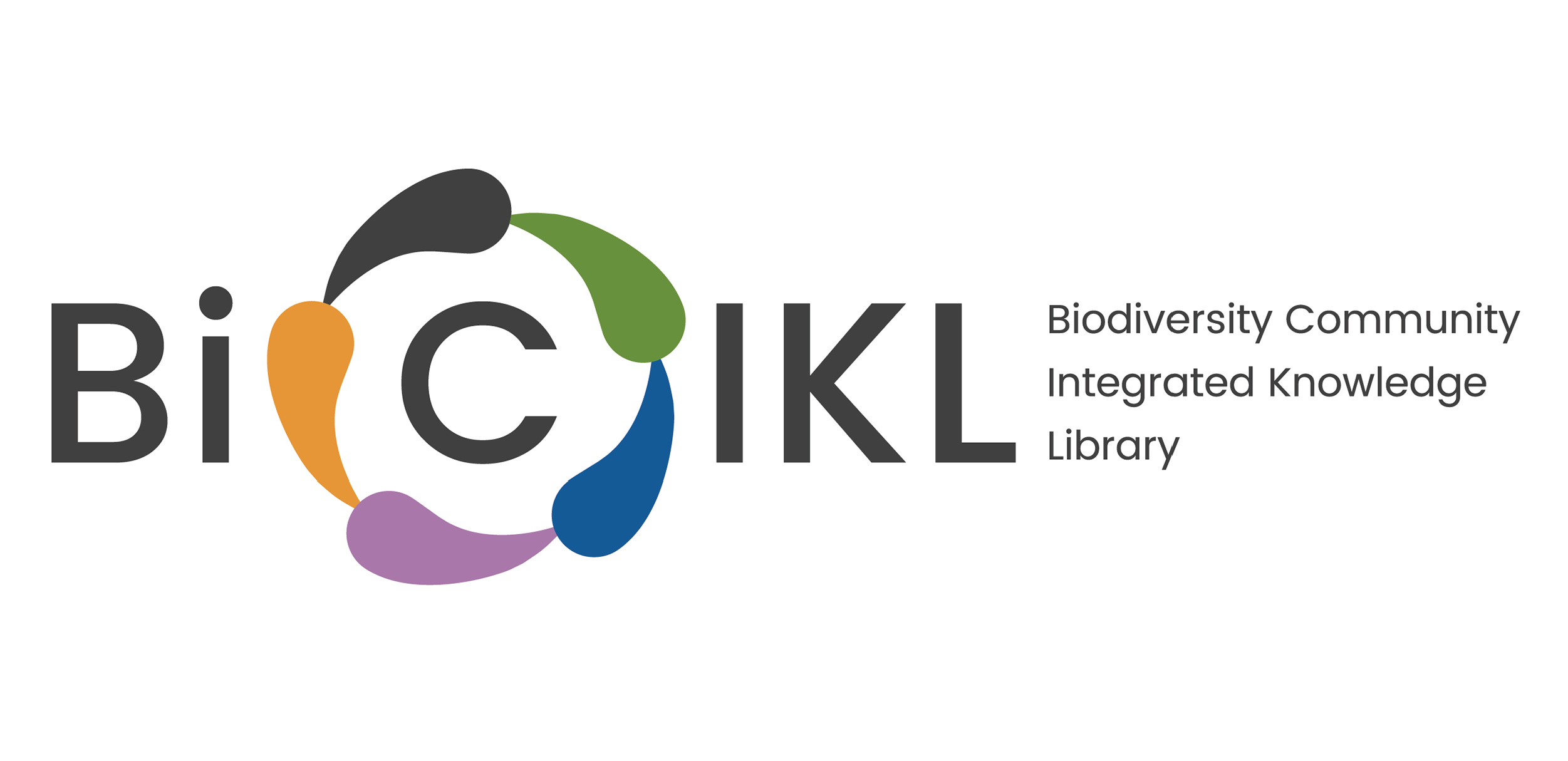
In a recently started Horizon 2020-funded project, 15 European institutions, from 10 countries, representing both the continent’s and global key players in biodiversity research and natural history, deploy and improve their own and partnering infrastructures to bridge gaps between each other’s biodiversity data types and classes. LifeWatch ERIC is one of these institutions. By linking their technologies, these project partners are set to provide flawless access to data across all stages of the research cycle.
Three years in, BiCIKL (abbreviation for Biodiversity Community Integrated Knowledge Library) will have created the first-of-its-kind Biodiversity Knowledge Hub, where a researcher will be able to retrieve a full set of linked and open biodiversity data, thereby accessing the complete story behind an organism of interest: its name, genetics, occurrences, natural history, as well as authors and publications mentioning any of those.
Ultimately, the project’s products will solidify Open Science and FAIR (Findable, Accessible, Interoperable and Reusable) data practices by empowering and streamlining biodiversity research.
Together, the project partners will redesign the way biodiversity data is found, linked, integrated and re-used across the research cycle. By the end of the project, BiCIKL will provide the community with a more transparent, trustworthy and efficient highly automated research ecosystem, allowing for scientists to access, explore and put into further use a wide range of data with only a few clicks.
“In recent years, we’ve made huge progress on how biodiversity data is located, accessed, shared, extracted and preserved, thanks to a vast array of digital platforms, tools and projects looking after the different types of data, such as natural history specimens, species descriptions, images, occurrence records and genomics data, to name a few. However, we’re still missing an interconnected and user-friendly environment to pull all those pieces of knowledge together. Within BiCIKL, we all agree that it’s only after we puzzle out how to best bridge our existing infrastructures and the information they are continuously sourcing that future researchers will be able to realise their full potential,” explains BiCIKL’s project coordinator Prof. Lyubomir Penev, CEO and founder of Pensoft, a scholarly publisher and technology provider company.
Continuously fed with data sourced by the partnering institutions and their infrastructures, BiCIKL’s key final output: the Biodiversity Knowledge Hub, is set to persist with time long after the project has concluded. On the contrary, by accelerating biodiversity research that builds on – rather than duplicates – existing knowledge, it will in fact be providing access to exponentially growing contextualised biodiversity data.
Follow BiCIKL Project on Twitter and Facebook. Join the conversation on Twitter at #BiCIKL_H2020.